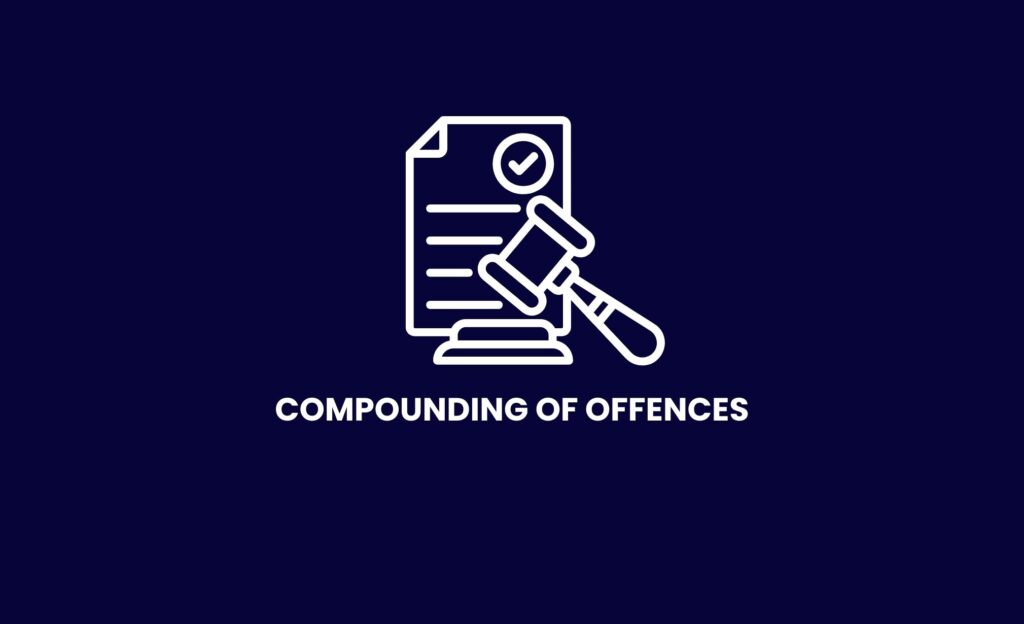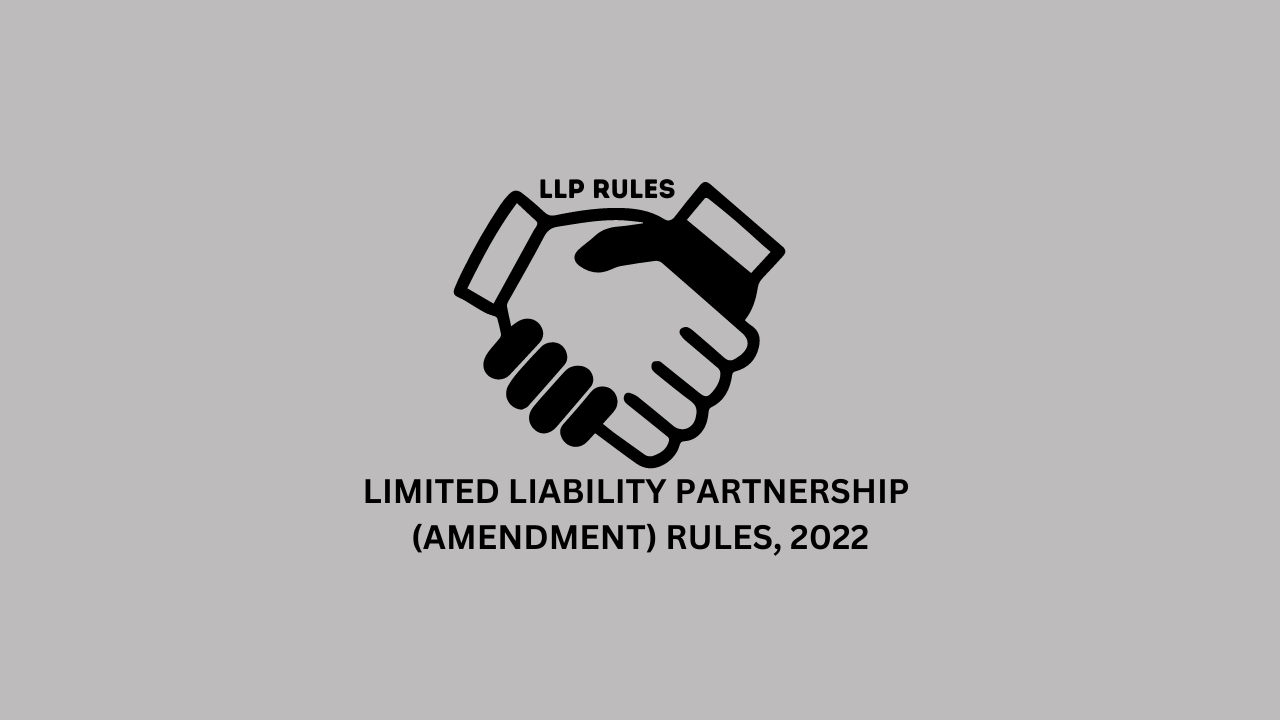
Compounding of Offences under the Foreign Exchange Management Act (FEMA) is a provision that allows individuals and entities to avoid prosecution or legal proceedings by voluntarily admitting to an offence and paying a prescribed penalty. FEMA is an Indian law that regulates foreign exchange transactions and aims to promote the orderly development of the foreign exchange market and conserve the country’s foreign exchange reserves.
The primary purpose of compounding offences under FEMA is to provide a mechanism for resolving minor or technical violations of foreign exchange regulations. Compounding helps in expediting the resolution of such cases, reducing the burden on the adjudicating authorities, and encouraging voluntary compliance with FEMA provisions.
Compounding is available for certain contraventions under FEMA that are categorized as “compoundable offences.” These are generally non-serious violations and do not involve any willful or malafide intent. The Reserve Bank of India (RBI), being the regulatory authority under FEMA, has the discretion to compound the offences.
While compounding provides certain benefits, critics argue that it may lead to a lenient approach towards offenders and deter strict enforcement of FEMA regulations. There is a delicate balance between encouraging voluntary compliance and ensuring deterrence against wilful violations.
Compounding of Offences under FEMA is a valuable mechanism that strikes a balance between enforcing compliance with foreign exchange regulations and providing a chance for individuals and entities to rectify minor contraventions. When used judiciously and ethically, compounding contributes to a more efficient and effective regulatory framework while fostering a culture of voluntary compliance in foreign exchange transactions.








